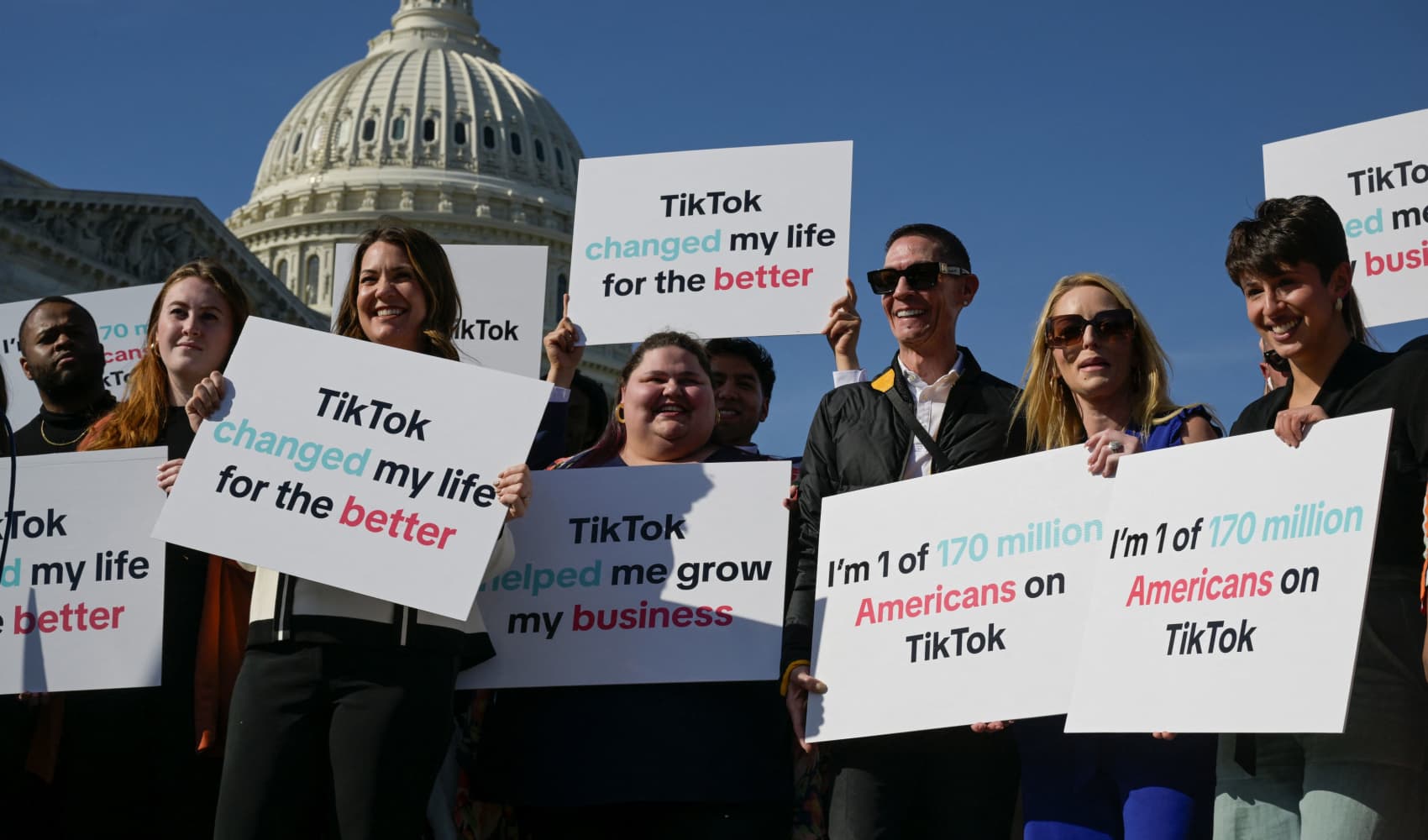
- Euro zone inflation came in at 8.1% for the month, according to preliminary figures, up from April's record high of 7.4% and above expectations of 7.8%.
- Rising prices have been exacerbated over recent months by the war in Ukraine, particularly food and energy costs.
- Inflation — which remains persistently high not just in Europe, but also in the U.K., U.S. and beyond — is causing headaches for central banks, which are also balancing the risk of recession.
Prices in the euro zone continued their march higher in May, hitting a record high for the seventh month in a row.
Inflation came in at 8.1% for the month, according to preliminary figures Tuesday from Europe's statistics office, up from April's record high of 7.4% and above expectations of 7.8%.
It comes after inflation prints from several major European economies surprised to the upside in recent days. German inflation (harmonized to be comparable with other EU nations) came in at an annual 8.7% in May, preliminary figures showed Monday — significantly outstripping analyst expectations of 8% and marking a sharp incline from the 7.8% seen in April.
Get Tri-state area news and weather forecasts to your inbox. Sign up for NBC New York newsletters.
French inflation also surpassed expectations in May to a notch record 5.8%, up from 5.4% in April, while harmonized Spanish consumer prices jumped by an annual 8.5% in May, exceeding expectations of 8.1%.
Across the euro zone, the record annual consumer price increase was driven by soaring energy costs, which hit 39.2% (up from 37.5% in April) and a 7.5% increase in food, alcohol and tobacco prices (up from 6.3%).
However, even without energy and food prices, inflation increased from 3.5% to 3.8%, Eurostat said.
Money Report
Rising prices have been exacerbated over recent months by the war in Ukraine, particularly food and energy costs, as exports are blocked and countries across the West scramble to reduce their reliance on Russian gas.
EU leaders agreed late Monday to ban 90% of Russian crude oil by the end of the year, sending prices higher. Charles Michel, president of the European Council, said the move would immediately hit 75% of Russian oil imports.
Inflation — which remains persistently high not just in Europe, but also in the U.K., U.S. and beyond — is causing a headaches for central banks, which are also balancing the risk of recession.
Earlier this month, European Central Bank President Christine Lagarde said she was anticipating a rate rise at the central bank's meeting in July.
"Based on the current outlook, we are likely to be in a position to exit negative interest rates by the end of the third quarter," she wrote in a blog post. "If the euro area economy were overheating as a result of a positive demand shock, it would make sense for policy rates to be raised sequentially above the neutral rate."
The ECB's governing council is due to meet on June 9, and then on July 21.
Goldman Sachs Chief European Economist Jari Stehn told CNBC on Tuesday that the Wall Street bank expects 25 basis point hikes to the ECB's deposit rate at each of its upcoming meetings over the next year, taking the rate from -0.5% currently to 1.5% in June 2023. Goldman anticipates euro area headline inflation to peak at 9% in September.
"But remember that a lot of this is driven by energy prices, a lot of it is driven by things related to global bottlenecks, and the core inflation numbers, if you strip out food and energy prices, are running at about 3.5%. Wage growth is running a bit above 2%," Stehn said before Tuesday's data release.
"So the underlying inflation pressures in the euro area have certainly firmed, which is why we do think they will normalize pretty rapidly, but they are not running at the same kind of levels that we are seeing in the U.S. and the U.K., where core inflation is running at about 6% and where the central banks — or the Fed in particular — needs to take a more decisive approach to tightening policy than the ECB."






